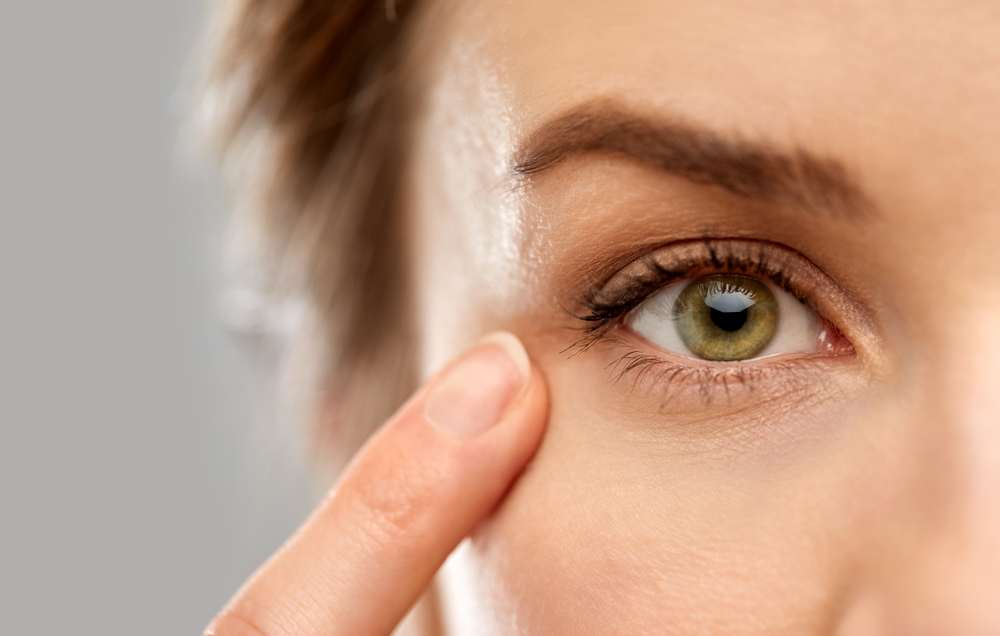Recovering from plastic surgery is a journey that requires patience, care, and attention to your body’s needs. While following your surgeon’s instructions on wound care, medication, and movement is essential, there’s another critical factor that can make all the difference in your recovery: sleep. Quality sleep plays an integral role in your body’s healing process, helping you recover more smoothly, reduce discomfort, and achieve the best results possible.
In this blog from Prive Plastic Surgery in Boca Raton, FL, we’ll explore why sleep is so important for your recovery after plastic surgery, how it helps your body heal, and share practical tips for improving your sleep to ensure a successful recovery.
Why Sleep Is So Important for Plastic Surgery Recovery
Sleep is often referred to as the body’s natural healer. During rest, your body undergoes crucial processes that repair tissues, regulate inflammation, and support overall healing. After undergoing plastic surgery, your body requires even more attention to repair incisions, reduce swelling, and minimize discomfort. Here are a few key reasons why sleep is such a vital part of the recovery process:
- Tissue Repair and Regeneration. When you sleep, your body produces higher levels of growth hormones that stimulate tissue repair and cell regeneration. This is especially important after surgery, as your body needs these hormones to heal incisions and promote faster recovery.
- Inflammation Reduction. Swelling and inflammation are common after plastic surgery, but too much can slow down the healing process and lead to discomfort. Sleep helps regulate inflammation, reducing swelling and promoting better circulation, which is critical for speeding up recovery.
- Immune System Support. A well-rested body has a stronger immune system, which can protect against infection. Sleep supports the immune response, helping your body ward off potential post-surgical infections and ensuring that you heal in a clean, healthy environment.
- Pain Management. A good night’s sleep helps your body produce natural painkillers known as endorphins. When you’re sleep-deprived, your body’s sensitivity to pain increases, making the post-surgical discomfort feel worse. Quality sleep helps manage pain more effectively.
- Mental and Emotional Recovery. Sleep is just as essential for your emotional well-being as it is for your physical health. After surgery, you may experience anxiety, stress, or mood fluctuations. Proper rest can improve your mood and reduce post-surgical emotional stress, making the recovery process more comfortable.
Tips for Getting Better Sleep After Plastic Surgery
While sleep is essential for recovery, it can be challenging to rest comfortably after surgery due to discomfort, restricted movement, or anxiety. Here are some practical tips to help you sleep better and give your body the restorative rest it needs:
1. Sleep in the Right Position
After plastic surgery, your sleeping position plays a significant role in reducing swelling and promoting healing. Depending on the type of surgery, your surgeon will advise you on the best sleeping positions.
- For facial surgeries (such as facelifts or rhinoplasty), sleeping on your back with your head elevated can reduce swelling and prevent pressure on the surgical site.
- For body procedures (such as tummy tucks or liposuction), sleeping on your back with your upper body slightly elevated may be recommended to reduce strain on the abdomen and improve comfort.
- Using pillows or a wedge pillow to elevate your body and support the proper sleeping position can make a big difference in both comfort and healing.
2. Create a Sleep-Friendly Environment
Set up your bedroom to be a calm, peaceful space that encourages relaxation and sleep. Some tips to create a restful environment include:
- Keep the room cool: A slightly cooler room temperature (around 65°F or 18°C) is ideal for good sleep.
- Limit noise: Use earplugs or white noise machines to block out disturbances.
- Control lighting: Keep your room dark with blackout curtains or an eye mask to help signal to your body that it’s time to sleep.
A calm, comfortable environment can help you fall asleep more easily and stay asleep longer.
3. Take Pain Medication as Prescribed
Pain can interfere with sleep, especially in the first few days after surgery. It’s essential to take pain medications as prescribed by your surgeon. This can help you manage discomfort and promote deeper, more restful sleep.
Don’t wait for the pain to become unbearable—follow the dosage schedule to stay ahead of it, making it easier for your body to rest.
4. Avoid Caffeine and Heavy Meals Before Bed
While recovering, avoid stimulants like caffeine, especially in the afternoon and evening, as they can disrupt your ability to fall asleep. Likewise, avoid eating heavy meals or spicy foods before bedtime, as this can cause discomfort or indigestion, preventing you from falling asleep.
Instead, opt for light, nutrient-rich snacks like yogurt, bananas, or almonds if you feel hungry in the evening.
5. Follow a Relaxing Pre-Sleep Routine
Developing a calming bedtime routine can help signal to your body that it’s time to wind down and prepare for sleep. This could include:
- Taking a warm bath (if cleared by your surgeon)
- Practicing deep breathing exercises
- Reading a book
- Listening to soft music or guided meditations
Avoid screens (TV, smartphones, tablets) an hour before bed, as the blue light emitted by these devices can interfere with your body’s natural sleep-wake cycle.
6. Keep Hydrated, but Not Too Much Before Bed
Staying hydrated is essential for recovery, but drinking too much water right before bed can lead to multiple bathroom trips throughout the night, disrupting your sleep. Try to drink plenty of fluids earlier in the day, and cut back in the evening to avoid interruptions.
7. Consider Elevating Your Legs
If you’ve had liposuction or other body procedures, your surgeon may recommend elevating your legs while you sleep. This can help reduce swelling and improve circulation, leading to a more comfortable recovery.
Your Rest Is Important
Sleep is one of the most important factors in your plastic surgery recovery. By prioritizing rest and following your surgeon’s recommendations, you can enhance your healing process, reduce discomfort, and see your final results sooner. While getting quality sleep after surgery may be challenging, incorporating these tips will help you achieve the restorative rest your body needs to recover fully.
Remember, your body is working hard to heal, and sleep is one of the best ways to support that effort. Take care of yourself, listen to your body, and give yourself the time and space needed for a smooth, successful recovery.
Dr. Liza Wu Is Your Board-Certified Plastic And Reconstructive Surgeon
At Prive Plastics, we understand that choosing to undergo plastic surgery is a significant decision, and we want you to feel confident and reassured every step of the way. With Dr. Liza Wu and the Prive Plastics Team, you can trust that you’re in the hands of a skilled surgeon who is dedicated to helping you achieve your aesthetic goals with safety, precision, and care.
If you wonder if you are a good candidate for any of our surgical services, start with a TeleHealth consultation. After your personalized consultation for surgical services, you can look forward to treatment in a state-of-the-art office in Boca Raton. For customized treatment plans for your face and body, call Prive Plastic Surgery today at 561-717-3181.



